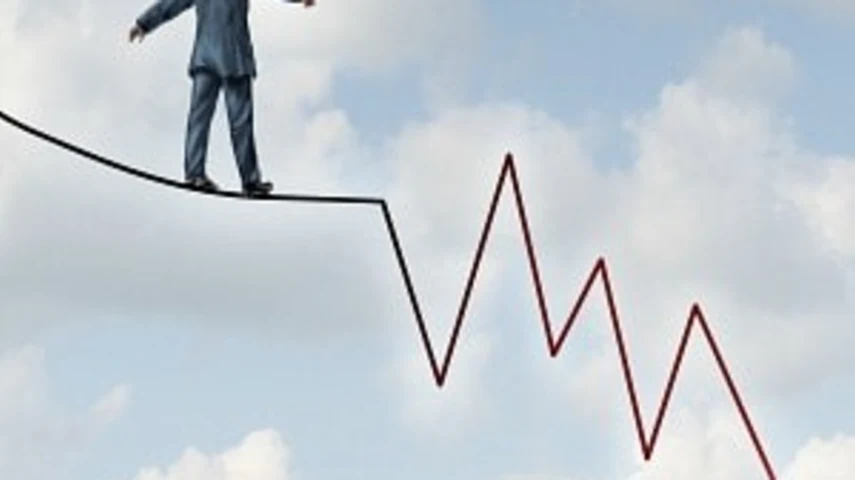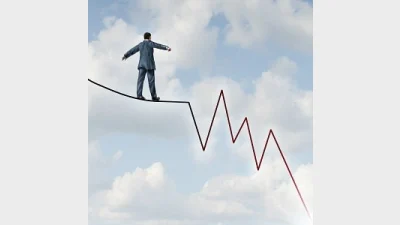How 2022 has hammered funds’ long-term returns



Funds’ long-term performance numbers have fallen by close to 30 percentage points thanks to the difficult markets that investors have suffered over the past five months, research by Money Management has found.
Concerns surrounding surging inflation, interest rate hikes, the risk of ‘stagflation’ and the Russia/Ukraine war sparked a broad-based sell-off in recent months, with global equities down 6% and government bonds losing 4.6% (both in Australian dollar terms).
Commodities were one of the few areas to post positive returns, but this contributed to the inflationary backdrop.
In many cases, the impact on funds had been heavier than these numbers would suggest, however.
Just five of the 37 sectors in the Australian Core Strategies (ACS) universe had made a positive return over 2022 so far, while the average fund in the other 32 peer groups were sitting on losses. Some of these were significant: the average ACS Equity - Global Small/Mid Cap fund is down almost 18% this year and it was one of 10 sectors to post a double-digit loss.
This meant investors looking at the long-term returns of their funds today could be staring at some starkly different numbers to those that were in front of them at the start of the year.
Overall, the average fund in the ACS universe made a 139.9% total return in the 10 years to the end of 2021. But the 10-year return at the moment stood at 111.1% - a decline of 28.8 percentage points.
There were only two sectors where the 10-year return has increased over the past five months: ACS Commodity & Energy, which has added 17.2 percentage points because of rising commodity prices and ACS Equity Infrastructure (2 percentage points added), which was a classic inflation hedge.
Some of the biggest falls were seen among small- and mid-cap funds – the 10-year return of the average ACS Equity Global Small/Mid Cap is down 92.5 percentage points, while ACS Equity Australia Small/Mid Cap has fallen 70.8 percentage points.
This reflected a slump in investor risk appetite as financial assets sat on the brink of a bear market and the sensitivity that smaller companies had to rising interest rates.
The 10-year return of the ACS Equity Australia is down 16 percentage points, falling from 163.7% at the end of 2021 to 147.7% today. However, the Australian stockmarket had been one of the more resilient when compared with international fund sectors.
Recommended for you
LGT Wealth Management is maintaining a neutral stance on US equities going into 2026 as it is worried whether the hype around AI euphoria will continue.
Tyndall Asset Management is to close down the Tyndall brand and launch a newly-branded affiliate following a “material change” to its client base.
First Sentier has launched its second active ETF, offering advisers an ETF version of its Ex-20 Australian Share strategy.
BlackRock has revealed that its iShares bitcoin ETF suite has now become the firm’s most profitable product line following the launch of its Australian bitcoin ETF last month.











